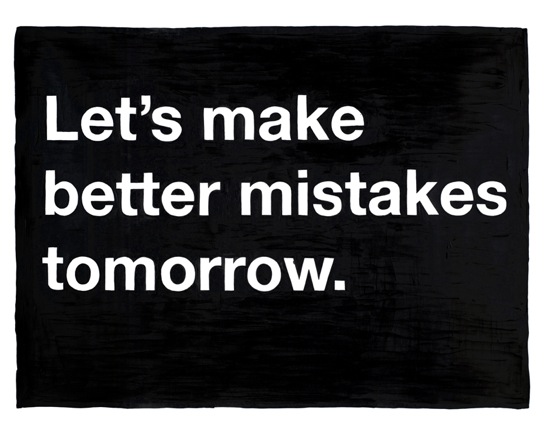Sometimes, in the simultaneous business and laziness of daily life, I forget how truly delicious it is to devour a good book. For as much as I love writing and reading, I don’t read books as often as I’d like. Several dozen of my favorites lay waiting on my shelves, gathering dust and whispering to me,
“Have you forgotten the moment when Michael discovers Hanna’s secret? Have you forgotten the scene when Claire and Henry meet in the library for the first time? Remember that favorite line you read over and over in Stafford’s poem, ‘the signals we give-yes, or no, or maybe- should be clear: the darkness around us is deep.’ Or the sensibility you felt when you finished The Great Divorce? Open me. Read me.”
I neglect them, thinking, I’ve read you before. I need something new, something that will take me by surprise. At the same time, I have an annoying habit of buying or borrowing books that I don’t finish. Even classics that others rave are their favorites lay half-worn and dog-eared to page 54, and the next 200 pages lay completely untouched.
So when I grabbed Bernard Schlink’s Homecoming to take with me on the train downtown this weekend, I wasn’t expecting to get caught up in it. I loved Schlink’s The Reader from the page one, but Homecoming, with all its intricacies and seemingly unrelated circumstances that surround the life of Peter DeBauer, did not earn my momentum as easily and so it lay discarded and half-read on my shelf for two years. It was the lightest book I could grab on my way out the door to spend the day in the city – just in case I had a spare moment of boredom and found myself in desperate need of distraction. Somehow in reading it this weekend I was able to push through my disinterest and finally understand Peter’s voice in the story.
I don’t think it was Schlink’s writing that was to blame for my previous neglect; I am woefully immature when I open a book. If it’s from an author I’ve read before, as is the case with Homecoming, I have a set of expectations that need to be broken down and replaced with something better than I could have imagined. The author needs to simultaneously break my expectations with something entirely different, and yet they also need to offer me pieces of them that I found fascinating in their previous works. For Schlink, he has this habit of creating highly introspective characters that take the time to ask the questions that the reader is wondering, too.
“Why? Why does what was beautiful suddenly shatter in hindsight because it concealed dark truths? Why does the memory of years of happy marriage turn to gall when our partner is revealed to have had a lover all those years? Because such a situation makes it impossible to be happy? But we were happy! Sometimes the memory of happiness cannot stay true because it ended unhappily. Because happiness is only real if it lasts forever? Because things always end painfully if they contained pain, conscious or unconscious, all along? But what is unconscious, unrecognized pain?”
“What is law? Is it what is on the books, or what is actually enacted and obeyed in society? Or is law what must be enacted and obeyed whether or not it is on the books, if things are to go right?”- Bernard Schlink, The Reader
Schlink does not do readers the disservice of trying to offer an answer. That his books revolve around post-war Germany and their attempts to rebuild after the World Wars tells us : we may never have an answer to these questions, whether on the larger scale of reconciling past mistakes as they pertain to feuding countries, genocide, or law, or on the smaller scale of personal relationships between men and women, parents and children, strangers and friends.
And Schlink has a knack for plot twisting. You can sense as you read that pieces of the puzzle have yet to fall into place, that beneath all the questions and examinations of law, culture, society, and archetypal themes, an unforeseeable truth lies waiting for you and the protagonist. Once revealed, the effect is stunningly perfect; the beguiling maze of its progression now makes complete sense, even while you wonder, mournfully, why it had to end that way for the characters.
Needless to say, I’m enjoying Homecoming so much that I almost didn’t take the time to write this post, yet reading it is so inspiring that I couldn’t help but write about it.
That’s what a good read will do for a writer, and that’s why it’s so important to continue to feed our imaginations with as many stories as possible.
Reading spurs me on toward new ideas and possibilities, and soon my well of inspiration is overflowing onto the page.
Feed your hunger for a good read, and your own page will never starve.
